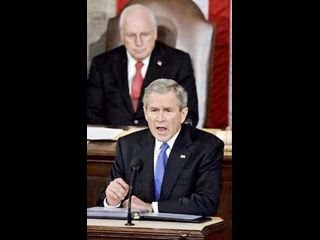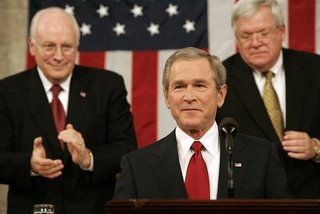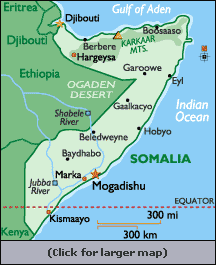 Millions of U.S. dollars targeted for Iraqi reconstruction has been wasted, lost or stolen. In the meantime, many of the basic needs of Iraqi citizens are not being met while unemployment is rampant. According to the Special Inspector General for Iraq Reconstruction the breakdown of reconstruction funds have been for the following: Security and justice 34%, Electricity 23%, Water 12%, Economic, societal development 12%, Oil and gas 9%, Transport, communications 4%, and Health care 4%.
Millions of U.S. dollars targeted for Iraqi reconstruction has been wasted, lost or stolen. In the meantime, many of the basic needs of Iraqi citizens are not being met while unemployment is rampant. According to the Special Inspector General for Iraq Reconstruction the breakdown of reconstruction funds have been for the following: Security and justice 34%, Electricity 23%, Water 12%, Economic, societal development 12%, Oil and gas 9%, Transport, communications 4%, and Health care 4%.This is just another example of the mishandling of the war effort by the Bush administration feeding the chaos in Iraq and making it vulnerable to sectarian tensions that ultimately lead to violence.
This from the BBC:
Millions of dollars in US rebuilding funds have been wasted in Iraq, US auditors say in a report which warns corruption in the country is rife.
A never-used camp in Baghdad for police trainers with an Olympic-size swimming pool is one of the examples highlighted in the quarterly audit.
Billions of budgeted dollars meanwhile remain unspent by Iraq's government.
The report comes as President Bush is urging Congress to approve $1.2bn (£600m) in further reconstruction aid.
The audit by Stuart Bowen, the special inspector general for Iraq reconstruction (Sigir), is the latest in a regular series of updates to Congress.
"The security situation continue to deteriorate, hindering progress in all reconstruction sectors and threatening the overall reconstruction effort," says his 579-page report, which is due to be released later on Wednesday.
Among the wide-ranging findings, the audit says that corruption continues to plague Iraq and infrastructure security remains vulnerable.
Auditors express "significant concern" about the Iraqi government's record in managing and spending budgets.
Billions of dollars budgeted for capital projects remained unspent at the end of 2006, the report says.
As well as not spending funds, the audit also highlights ways in which money has been used either improperly or wastefully.
One case involved a payment by the US State Department of $43.8m to a contractor, DynCorp International, for a residential camp for police trainers outside the Adnan Palace grounds in Baghdad. The camp has never been used.
The Iraqi Interior Ministry ordered $4.2m of work there, never authorised by the State Department, that included 20 trailers for important visitors and an Olympic-size swimming pool. The State Department has said that it is working to improve controls.
Another example cited in the report is $36.4m spent by US officials on armoured vehicles, body armour and communications equipment that cannot be accounted for because invoices were vague and there was no back-up documentation.
Contracts have been awarded for virtually all of the $21bn earmarked by the US government for Iraqi reconstruction, and some 80% has been spent.
Democrats, who now control the US Congress, have expressed concern at the prospect of devoting more funds to rebuilding efforts in Iraq.
Rep Henry Waxman is planning in-depth hearings next week into charges of waste and fraud in Iraq.
Since 2003, the way reconstruction aid is used has changed, with money originally destined for infrastructure programmes cut and more spent on areas like security and democracy projects.
Electricity output remains below pre-war levels, while funds initially earmarked for water and sewerage have been cut by 50%, the audit says.
The report also points to continuing high unemployment, put at 18% but widely believed to be under-reported, as a contributing factor in the insurgency.
It concludes that the Iraqi government's "most significant challenge" continues to be strengthening the judiciary, prisons and the police.
"The United States has spent billions of dollars in this area, with limited success to date." Mr Bowen's audit office began operations in March 2004 and is currently conducting 78 investigations, of which 23 have been referred to the US Department of Justice.
There have so far been four convictions.
His office, which was nearly closed down last year by
Republicans, is now due to carry on its oversight work through 2008.




















